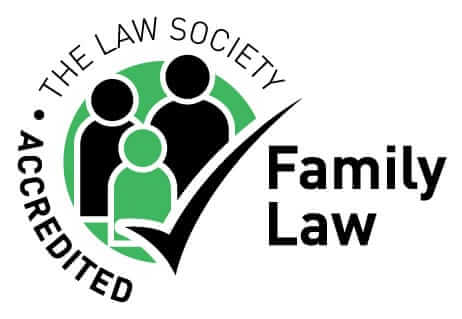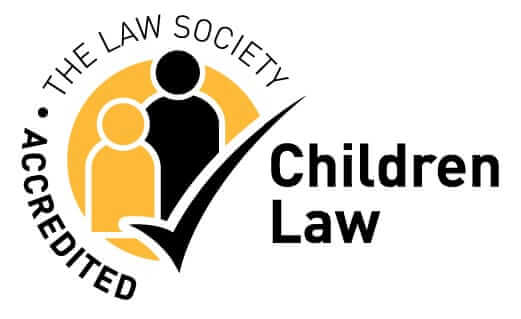Sometimes it may be necessary to issue a court application when deciding arrangements for your children after a separation. In all cases, we try to focus on preserving a positive co-parenting relationship, whilst considering the legal routes for resolving the issues, We always prioritise the best interests of your children. Our child law solicitors have extensive experience in all areas of children law proceedings, including complex cases where there are serious allegations of abuse and the involvement of agencies, such as social services.
There are three main orders available through the court under the Children Act 1989 to deal with disputes about children: a Child Arrangements Order, Prohibited Steps Order and Specific Issue Order.
What is a Child Arrangements Order?
A Child Arrangements Order deals with the issues which previously used to be called Residence and Contact. The Order sets out:
- with whom a child is to live, spend time with or otherwise have contact with and how the handovers are facilitated between the parents;
- when a child is to live, spend time or otherwise have contact with any other person including indirect contact such as contact through telephone calls or letters.; and
- whether contact should be supervised or supported.
Within the Court Order, under a section known as Recitals, parents can also agree any other matters they feel are relevant, such as issues around schooling, a child’s belongings etc.
What is a Prohibited Steps Order?
A Prohibited Steps Order is used to limit when certain parental rights and duties can be exercised, for example, preventing a child from being removed from school or being taken abroad. Once a Prohibited Steps Order is made, the other parent is prevented from taking that step without the consent of the court.
What is a Specific Issue Order?
If you can’t agree on a decision relating to your child’s care, aside from contact and who they live with, you will have to issue an application for a Specific Issue Order.


























